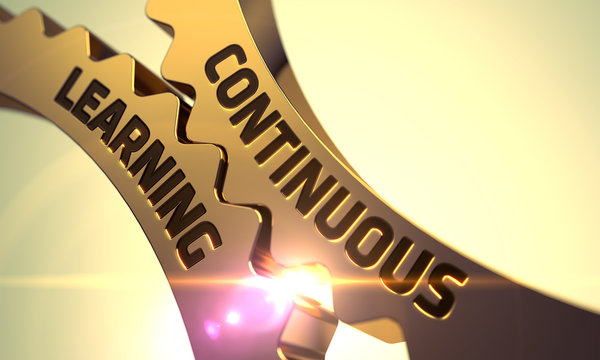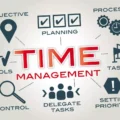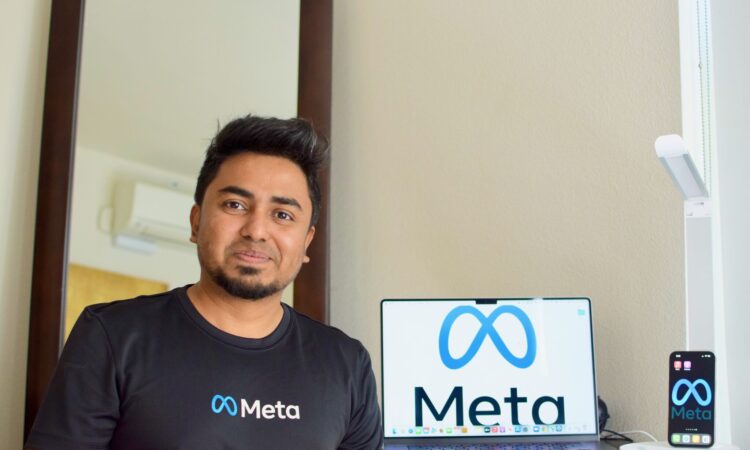
In the quickly evolving world of today, embracing lifelong learning is essential for both professional and personal success. Throughout their careers, people must adapt and pick up new skills due to the rapid evolution of technology and the dynamic nature of industries.
Here are some methods for increasing your knowledge to achieve success:
1. Establish a Growth Mindset:
Foster an attitude that views obstacles as chances to improve and advance. Accept the notion that aptitude and intelligence can be increased with commitment and effort. This change in perspective can encourage a passion for education and perseverance in the face of failure.
2. Clarify Your Learning Objectives:
Establish clear, quantifiable, and doable objectives for your educational path. Setting defined goals for your learning can help you keep on track with industry trends, master a new skill, or become an expert in a certain field.
3. Keep Up with Industry Trends:
To keep up with the most recent advancements and trends in your sector, read trade journals, blogs, and news articles on a regular basis. To network with industry experts and learn about new technology and best practices, sign up for newsletters, participate in pertinent online groups, and attend conferences.
4. Make Use of Online Learning Platforms:
Make use of online learning resources like LinkedIn Learning, edX, Coursera, and Udacity. These platforms let you learn at your own speed and on your schedule by providing a large selection of courses and certificates in a variety of areas.
5. Participate in Ongoing Professional Development
By attending training events, webinars, and workshops to advance your knowledge and abilities, Professional development opportunities are provided by many organisations, and taking part in these activities can help you succeed and improve.
6. Create a Personal Learning Network (PLN)
By getting in touch with experts who share your interests, both inside and outside of your sector, you may share resources, learn from each other, and exchange ideas. Social media sites like Twitter and LinkedIn are great for developing a personal network and keeping up with current events.
7. Experiment New Technologies:
Get into the spirit of experiential learning by trying out new tools and technologies. Establish personal projects or make contributions to open-source projects to put your expertise to use in real-world situations. Gaining experience can help you develop your knowledge and abilities.
8. Seek Feedback and Reflection:
Ask for feedback on your work on a regular basis, and consider the lessons you have learned. You can use this self-awareness to pinpoint your areas of weakness and modify your approach to learning.
9. Maintain a Balance between Depth and Breadth:
Although it’s important to focus on a particular area of expertise, having a broad understanding of related subjects can offer a more holistic view. Strive for equilibrium between in-depth knowledge and a wide range of information to make well-informed choices in a variety of circumstances.
10. Develop the Habit of Learning:
Incorporate learning into your everyday activities. Establish a regular time slot for learning something new every day or every week. With consistent effort, progress will be guaranteed over time.
Recall that acquiring information is a lifelong endeavour. You put yourself in a position to adjust to changes, grab new opportunities, and succeed over the long term in both your personal and professional lives by embracing continuous learning.
FAQ
Q1: What is the significance of ongoing education for achievement?
A1: Success requires constant learning since it enables people to pick up new abilities, adjust to changing circumstances, and maintain their relevance in their line of work. People who embrace lifelong learning are better able to handle obstacles, take advantage of opportunities, and succeed in both their personal and professional lives in a world that is changing quickly
Q2: In order to encourage lifelong learning, how can I cultivate a growth mindset?
A2: Having a growth mindset means believing that skills can be acquired with commitment and hard work and viewing obstacles as chances to learn. Develop this kind of thinking by accepting difficulties, taking constructive criticism to heart, and seeing setbacks as chances for improvement. You’ll be better equipped to welcome ongoing learning if you continue to have a positive outlook on learning and development.
Q3: What are some practical methods for establishing and accomplishing learning objectives?
A3: Establish clear, quantifiable, and doable objectives first. Make a timeframe, break it down into smaller goals, and evaluate your progress on a regular basis. Furthermore, make sure your learning objectives are in line with your overall professional ambitions. Additionally, be flexible and modify your goals as necessary to keep up with changing priorities.
Q4: How can I keep up with advancements and trends in the industry?
A4: Keep up-to-date on industry news, blogs, and publications by routinely reading them. Participate in pertinent online forums, follow opinion leaders on social media, and subscribe to newsletters. Attend workshops, webinars, and conferences to network with industry experts and get firsthand knowledge about emerging trends.
Q5: Which online learning resources are suggested for lifelong learning?
A5: Coursera, edX, Udacity, LinkedIn Learning, and Khan Academy are a few of the online learning platforms available. These platforms let you learn at your own speed and on your schedule by providing a wide variety of courses and certificates in a number of areas.










